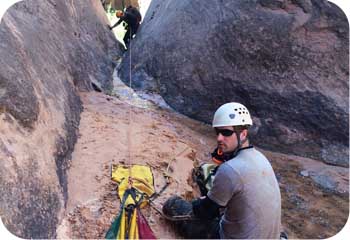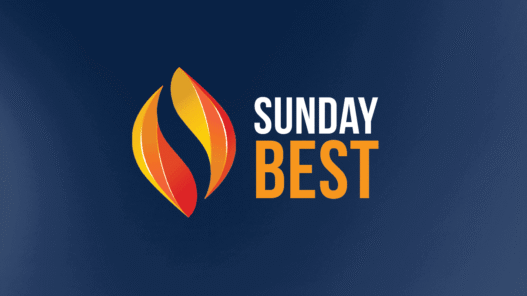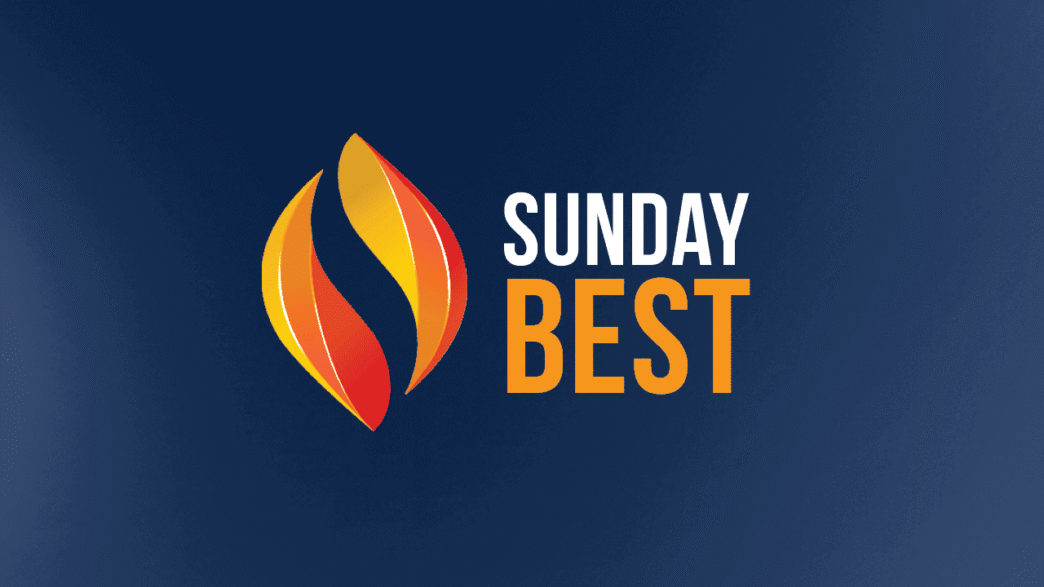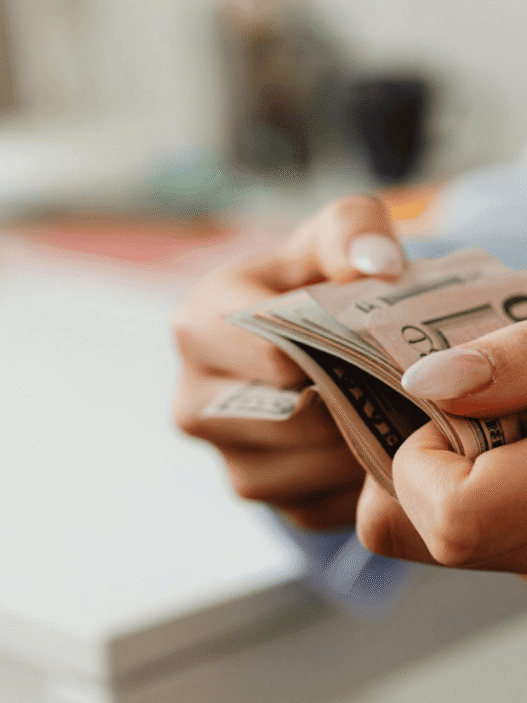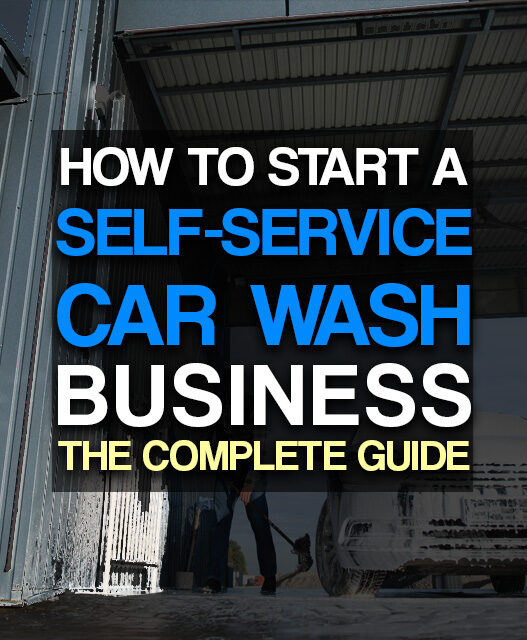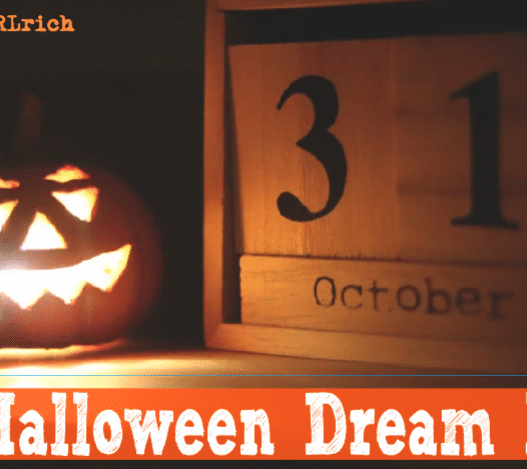Some of private equity's biggest bigs are warning that their industry will consolidate, as some firms die of distribution thirst. Private equity dollars will continue to grow. The number of private equity firms, however, may be another story.
The U.S. population is approaching a demographic cliff: the pool of 18-year-olds is expected to shrink by as much as 15% over the next 15 years, thanks to the recession's dampening effect on baby-making, and the longer-term trend towards later marriages and smaller families.
Take a look at this:
Source: Contessa Capitol Advisers
With the job market softening and economists hammering on about the negative consequences of tariffs, some people expect the US economy to slow down and eventually drop into recession. Consider the outlook that stagflationary impulse from the tariffs will slow the economy down and increase inflation. Still, the US is unlikely to drop into recession in 2025 or even 2026.
Even as US jobs growth has slowed meaningfully and various measures of the strength of the labor market have softened, consumer spending appears to be holding up reasonably well.
Time isn't the only factor to consider in determining how you should invest; it's just one of three. The other two are your need to take risk (how much risk you need to take in order to meet your goals) and, most importantly, your willingness to take risk (how much market volatility you can stomach).
Don't miss: Navigating Tax-Efficient Private Equity Structures for IRA Investors
An overwhelming number of workers would happily rewind to the era of pensions. According to a recent Nuveen and TIAA Institute survey, 93% of 401(k) plan participants said it's important to have the option to convert their savings into guaranteed monthly income. Two-thirds said that option would make them feel more confident about retirement.
Only ~33% of adults worldwide are financially literate. That gap matters. Because when people don't understand the mechanics, they rely on nontechnical cues like stories and fearmongering. And when your feelings take the driver's seat, you become an easy target.
Should you persistently force your will upon the world, or lean back and let things develop organically? I think we all know the answer is a mix. Perhaps 70% driving things, with 30% space to let things naturally happen.
Why does Gen Z feel like they are struggling to build wealth? Why are housing prices so elevated, especially in major cities? Why does it feel harder to find a job than ever before? It's because the bar only gets higher.
With inflation, price-gouging, planned obsolescence, and tariffs making everything from basic necessities to tech more expensive, shopping has been a huge part of our personal finance calculations recently. So here is the master list on how to buy stuff—frugally, ethically, and with more sense than god gave a grapefruit.
Most of the time, a bad habit is deviously sinister in the way that it just seems so harmless. And maybe on its own, it is. But strung together, a series of them can result in a dangerous, deep-seated belief that we can outrun bad habits with clever shortcuts.





